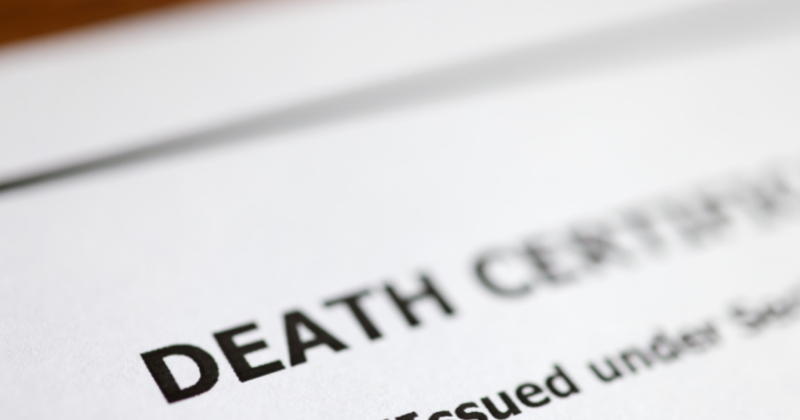
I want to avoid estate taxes and probate costs. Should I make my child a co-owner of my financial accounts – he’s going to inherit it anyway?
Making your adult child the co-owner of your assets sounds like a good idea – but in fact, it’s a very bad idea. If your child is involved in a lawsuit or other financial entanglement, your assets are also his assets – and can go to his creditors. And as a result, you could lose all your hard-earned property!
An alternative is to make your adult child a power of attorney so they can make sure the bills are paid and your family is protected while your estate is being settled, or if you are temporarily incapacitated. You can also make them a payable-on-death beneficiary.
When you name someone as a payable-on-death (POD) beneficiary to your bank account, stocks or other financial assets, they will receive that account when you die. The account will not go through probate: they will become the owner. They do not have any right to the money in those accounts until after your death, and you are free to change the beneficiary or spend all of the money in that account before you die.
But, if your child is a payable-on-death beneficiary to your financial accounts, your financial assets are protected from their creditors in the event of a lawsuit or other financial problem.
There are several different names for payable on death accounts, including:
An experienced estate planning lawyer who understands the laws in your state can advise you on the pros and cons of setting up a payable on death account for your specific situation.
The experienced estate planning attorneys at Estate and Probate Legal Group can help you create an estate plan so that your legacy is protected – and so is your family and loved ones. Please contact our office at 630-864-5835 to schedule a meeting with our experienced attorneys.
AREAS WE SERVE: Cook, DuPage, Kane, Lake, and Will counties